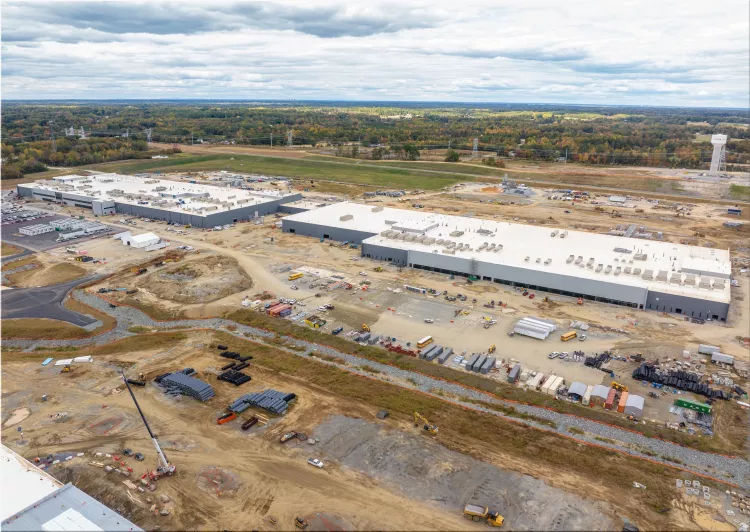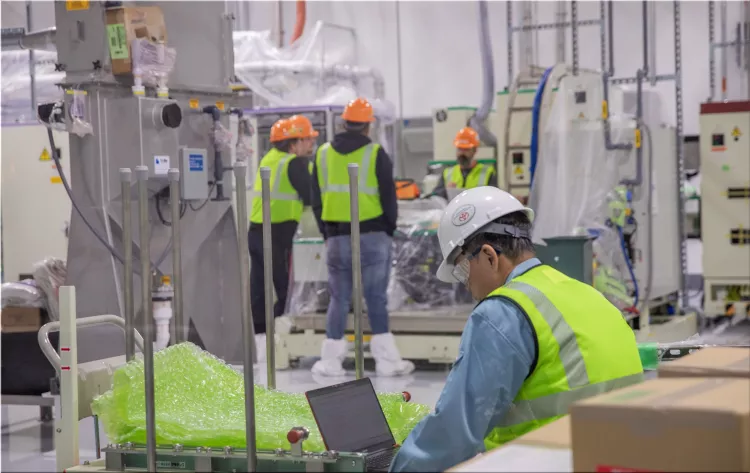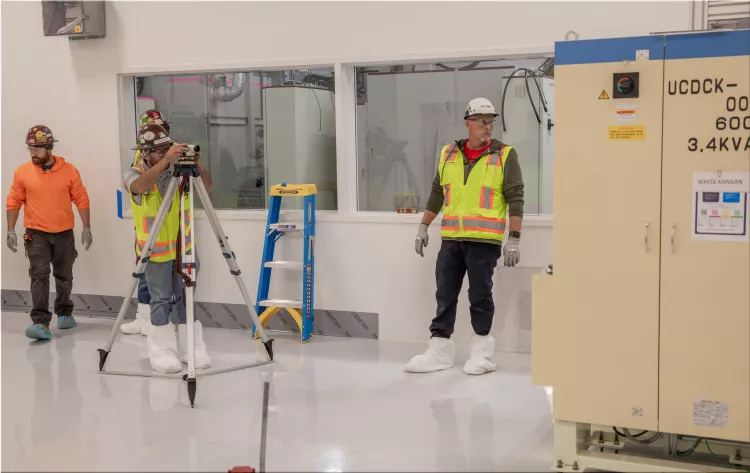Toyota, the world's largest automaker, has announced a massive expansion of its battery plant in North Carolina, adding $8 billion and 3,000 new jobs to its existing $5.9 billion and 2,000 jobs investment. The company said it will build 10 battery production lines at the facility, which will supply batteries for its hybrid and electric vehicles (EVs) in the US market.
Why Toyota is investing in batteries
Toyota has been a pioneer in hybrid technology, with its popular Prius model being the first mass-produced hybrid car in the world. However, the company has been lagging behind its rivals in the EV market, which is expected to grow rapidly in the coming years. According to a report by BloombergNEF, global EV sales will reach 31.1 million by 2030, up from 3 million in 2020.
To catch up with the competition and meet the increasing demand for EVs, Toyota has been ramping up its battery production and development. The company has set a goal of selling 5.5 million electrified vehicles, including 1 million zero-emission vehicles, by 2025. It also plans to launch 70 new electrified models by 2025, including 15 fully electric ones.
The North Carolina battery plant is a key part of Toyota's strategy to achieve these targets. The plant will be one of the largest battery factories in the world, with an annual capacity of 200 gigawatt-hours (GWh), enough to power about 2.8 million EVs. The plant will also create a regional supply chain for battery materials and components, reducing costs and environmental impacts.
How Toyota's investment will benefit North Carolina
Toyota's investment in North Carolina is not only a boon for the company but also for the state and its economy. The battery plant will create thousands of direct and indirect jobs, as well as generate tax revenues and stimulate local businesses. According to an analysis by N.C. State University, the plant will have an economic impact of $17 billion over 10 years and support more than 20,000 jobs in the state.
The battery plant will also enhance North Carolina's reputation as a hub for innovation and advanced manufacturing. The state is already home to several leading companies in the fields of biotechnology, aerospace, information technology, and renewable energy. With Toyota's investment, North Carolina will become a leader in the emerging battery industry, which is vital for the transition to a low-carbon economy.
Conclusion
Toyota's announcement of an additional $8 billion investment in its North Carolina battery plant is a significant milestone for the company and the state. The investment will enable Toyota to boost its EV production and sales, as well as strengthen its competitive edge in the global automotive market. The investment will also create significant economic and environmental benefits for North Carolina, as well as position it as a leader in the battery industry.
The car rental industry faces a major challenge from the rise of smart transportation, which refers to using technology and data to improve mobility, safety, efficiency, and sustainability of transportation… Continue reading
Tesla announced the launch of Model Y production at the end of January, much earlier than the previously indicated deadlines. First buyers are expected to receive their electric cars at the end of the current quarter. Tesla has repeatedly published… Continue reading
The Fiat brand returns to the CES (Consumer Electronics Show) in Las Vegas, the most important high-tech event in the world, with two crucial exhibits featuring the new Fiat 500 electric car, which is at the center of the brand's… Continue reading
Renault, one of the leading manufacturers of electric vehicles in Europe, has recently unveiled its new electric Renault Master, a large van that offers a remarkable driving range of 410 km (254 miles) on a… Continue reading











